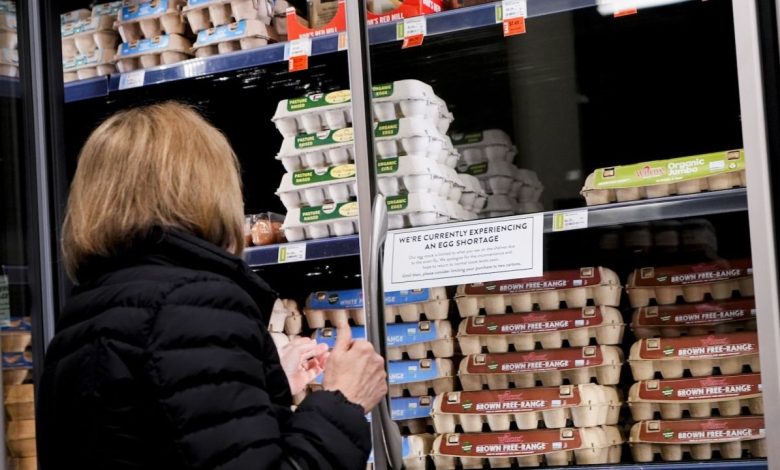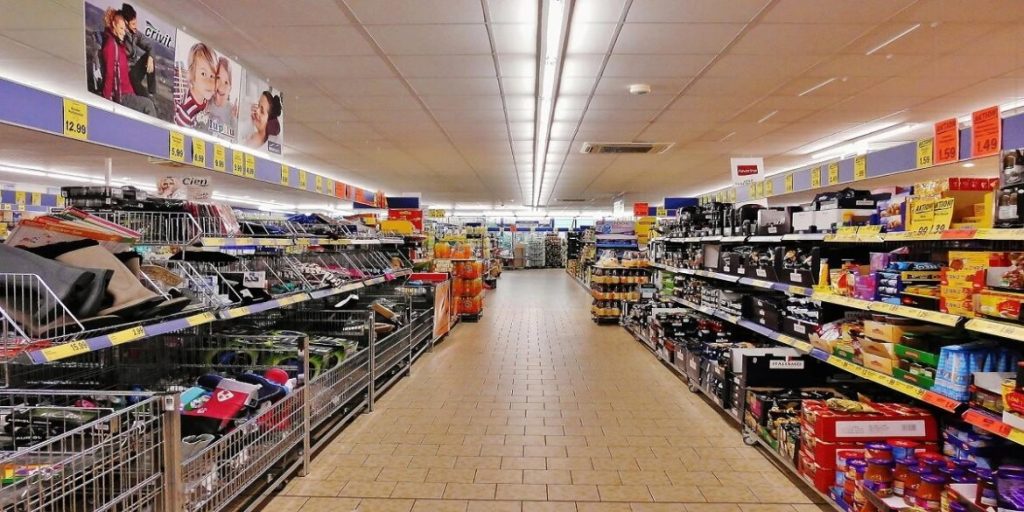White House Weighs Tariff Cuts on Food, Medicine, and Key Imports
Potential reductions aim to ease inflation pressures and support consumers, healthcare, and manufacturers through trade deals with allied partners.

The White House announced it is considering lowering tariffs on hundreds of products across various sectors, including food and medicine, depending on specific trade agreements reached with partner nations.
As evidence grows that inflation is re-entering the economy, reducing tariffs on a broad list of basic food items in particular could ease some pressure on consumers.
Many other exemptions could also benefit the healthcare sector and certain manufacturers.
The List of Reductions
Late Friday night, the administration issued a memo on a new tariff annex called the Potential Tariff Adjustment for Allied Partners (PTAAP).
The White House stated that some or all products on the list may have their tariffs reduced from high reciprocal rates to lower levels if countries strike deals that help “ease the national emergency related to the trade deficit” and address other trade concerns.
The list is divided into four broad categories:
-
Food and agricultural products where domestic supply is insufficient.
-
Generic drugs and their components.
-
Natural resources unavailable domestically.
-
Certain aircraft parts.

Food Products
For consumers, the list of food items may be the most important, as it offers a chance to reduce tension over fruits (bananas, papayas, kiwis), spices (cinnamon, cardamom, nutmeg), sweets (cocoa, vanilla), beverages (tea, coffee), and more.
This comes at a time when tariff-driven inflation is already affecting the food supply chain. Wholesale vegetable prices rose by about 39% in July—the largest summer increase on record.
Wholesale coffee prices jumped 25% last month, partly due to hefty US tariffs on Brazil, the world’s largest coffee exporter.
Medicine and Other Products
The list of drugs under consideration is longer and includes potential exemptions on amino acids, vitamins, and other essential substances.
The natural resources list covers a wide range of wood products (which could help furniture companies facing potential new tariffs), as well as certain gemstones.
As the White House memo explains, these products will remain subject to tariffs—but potentially at lower rates, decided case by case, depending on the deals struck with exporters.

Experts say this represents a step back from earlier assurances that the reciprocal tariffs imposed on August 1 were firm and final.
Consumers are now waiting to see whether any country will take steps to negotiate deals that would secure these exemptions—especially as much of the tariff system proposed by the president is now at risk of being overturned by the courts.



